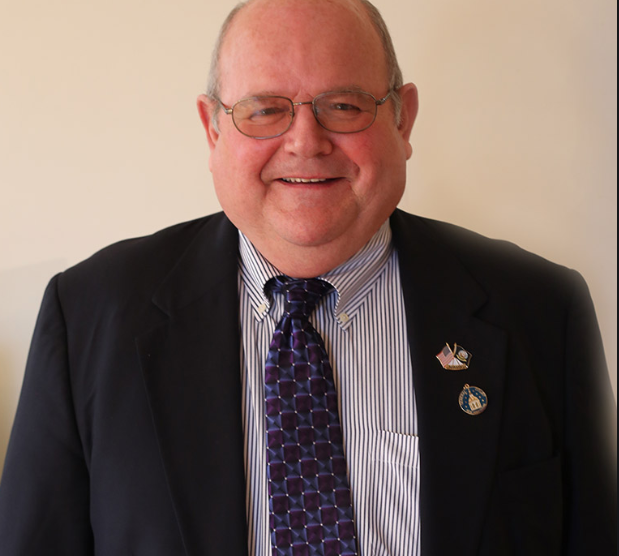By GARRY RAYNO, InDepthNH.org
CONCORD — A bill allowing parents to use state education money to provide alternative educational opportunities for their children has been slimmed down as Republicans try to pass one of their legislative priorities.
House Bill 20 would give parents of an eligible child attending public schools between $4,500 to $8,500 per pupil to spend for any private, religious or alternative school or on educational costs including home schooling, computers, books etc.
An amendment would limit the parents income to 375 percent of the federal poverty guideline or about $99,000 in family income, making the program available to about half the state’s public school students.
Supporters also included a phase-out or step-down in state adequacy aid to school districts that lose students, providing 100 percent of the money the first year the child leaves, 50 percent the second year and 25 percent the third year
Both provisions would end July 1, 2026.
The changes were prompted by two days of public hearings on the bill which would name the program after former House Speaker Dick Hinch, his top priority for the session, before he died from COVID-19 one week after being elected Speaker.
At the hearings, opponents noted there was no income cap for the program and no provision to help the school districts that would lose students and the per pupil state education aid that would follow the student.
While supporters touted the program as benefiting student learners enabling the “best fit” for their educational needs, opponents said it was ripe for fraud, had no accountability and would devastate the state’s public education system.
The House and Senate Republican leadership back the bill as does Department of Education Commissioner Frank Edelblut. Gov. Chris Sununu also supports educational choice or vouchers.
Edelblut claims the bill will save state taxpayers about $360 million to $390 million over 10 years by lowering public school costs, although opponents doubt those savings and instead say the program will raise local property taxes.
On Wednesday the House Education Committee met to decide what recommendation it would make on the controversial bill, and weighed in on an amendment from Republican leaders on the committee, but failed to reach a final conclusion and will met again Thursday morning.
Committee Chair Rep. Rick Ladd, R-Haverhill, said the amendment addresses some of the concerns raised during the public hearings, but is not a major change in concept.
He said instead the amendment refined the bill “as we do with most bills with amending language,” while saying he did not believe the bill needed another public hearing, which Rep. Mel Myler, D-Hopkinton, said is needed,
Myler and others were concerned not only with the changes in the program, but also that there were no fiscal figures for the bill’s impact on the state’s Education Trust Fund or for school districts.
An estimate from the legislative budget office, but not included with the bill, indicates if all eligible non-public school students, 15,654, access the program it would cost about $72 million the first year although the Department of Education estimates only four would apply at a cost of $18,412. The estimated cost would be about $750,000 for every 1 percent of the non-public student population that participates.
Myler noted the phase-out of state funding would impact the trust fund that provides much of state aid to education.
Democrats, who oppose the bill, also noted issues with the bill and its wording that would expand eligibility beyond what sponsors envisioned, problems with oversight and definitions of educational institutions and providers.
Also of concern was the language about misuse of funds having to be both intentional and significant to turn over to the department or the Attorney General’s Office. Requiring intent to misuse funds raises the bar for conviction.
Also Democrats were concerned about who would determine if the money is used for educational services.
Ladd suggested another amendment be drafted to correct some of the problems and the committee will vote on its recommendation Thursday morning.
The bill needs to go to the House Finance Committee for review if it is approved by the House next week.
Garry Rayno may be reached at garry.rayno@yahool.com.





